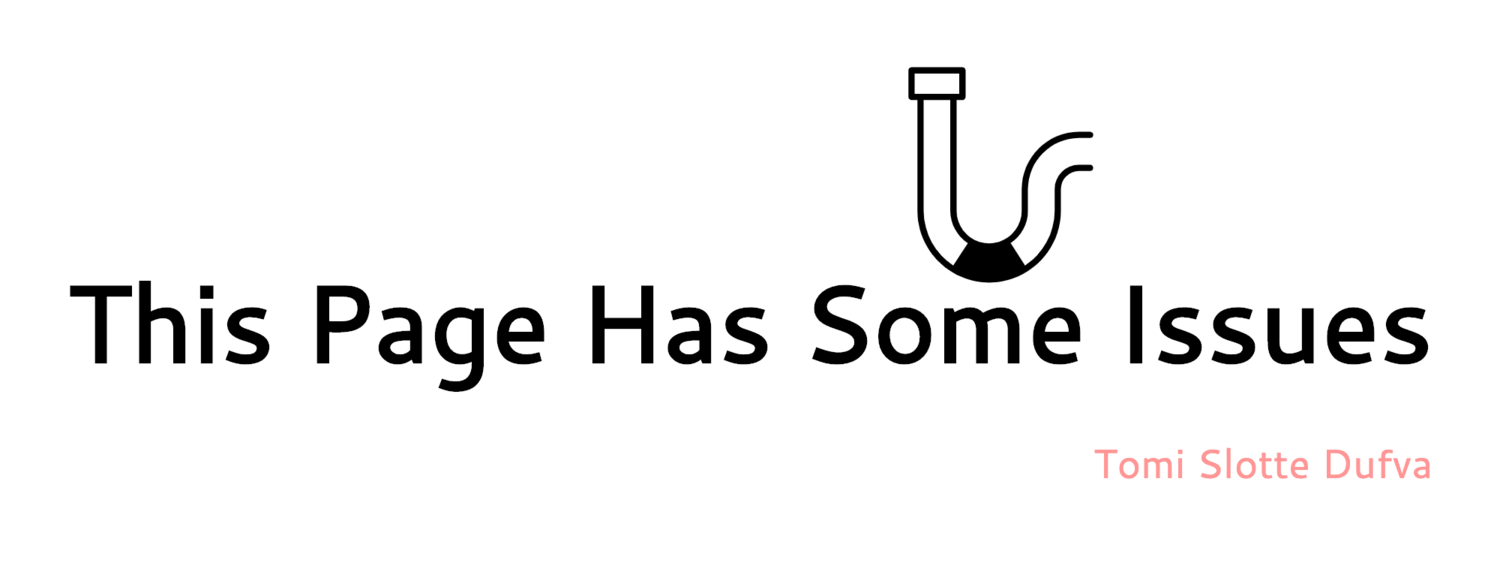Being digital
This post was inspired by two articles I read recently. I Highly prompt you to read them.
I Am Capital by Hannes Grassegger
The Data That Turned the World Upside Down by Hannes Grassegger & Mikael Krogerus
For a while now, my research on creative coding has become increasingly focused on the ways we perceive and experience digitality -or the lack thereof. One of my initial research premises was that the increasing digitalization could lead to a new kind of digital divide.
Previously digital divide has referred to the divide between those who have access to the internet and to those who do not [1]. Now, because of the ubiquitous nature of digital technology, that same concept could be used to describe those who understand the premises of digitality and those who do not. This understanding does not necessary mean the ability to code, but does refer to the notion of code literacy: That being able to interpret the way how the world around us is built is crucial for effective democracy. To be able to critique the digital we must be able, to some extent, understand how that digital world is constructed [2].
But, in some way, intellectual understanding of the basic principles of digital technology is not enough -or the only way to be empowered in the digitalized world. Yesterday, as I stumbled upon an old article by Hans Grassetekker from motherboard [3] that, if a bit polemic, does remind us of the importance of being active citizens in the digital world.
““This new oil, this content, big data, it’s personal data—it’s me. My digital personality. Today “going online” is no longer a choice or a potentiality, but rather a necessary condition of existence. It is essential. Part of me. I spend at least half of my time online: both professionally and privately. As Artie Vierkant recently said, we live in a “post-internet” reality. The internet is not a separate realm anymore; it’s become an integral part of life. My identity remains unified, but it’s become partially digital. We’re made of atoms and of bits. The internet is the externalization of my inner world. And this inner world is clearly linked to the rest of me.””
The way the whole digital world is structured, the way its economic, political, cultural constructs are made formulate the world we live in. The digital world is never neutral. This calls for active involvement, to actively take part in forming those structures and rules. As Grassekker points out, there is no reason why should companies own my data and only use it for their profit. Furthermore, Grassekker article points out to another important aspect: Digitality is not a just technology we use sometimes, but a construct in which we exist in -like it or not. And the decisions made in digital domain have very concrete, physical, effects to our lives.
Owning one’s data becomes quite a lot more specific when one understands how this data can be used and how little information is needed from us to, quite bluntly, manipulate us:
“”In 2012, Kosinski proved that on the basis of an average of 68 Facebook “likes” by a user, it was possible to predict their skin color (with 95 percent accuracy), their sexual orientation (88 percent accuracy), and their affiliation to the Democratic or Republican party (85 percent). But it didn’t stop there. Intelligence, religious affiliation, as well as alcohol, cigarette and drug use, could all be determined. From the data it was even possible to deduce whether someone’s parents were divorced.” ”
As Rushkoff [4] and Turkle [5], among others, have suggested that we should become aware of the surrounding digitality and to actively think how we want to use these technologies. -There are nothing inherently flawed in digital technologies per se, but in a way, they are progressively implemented. We could, for example, become aware of the exploitation of our data and build open social media platforms instead. And be prepared even to pay to maintain them. Or we could to actively start to form a new kind of digital world, maybe in the lines of platform cooperatives or even give more boost to the free software ideologies.
Footnotes
1. See for example Warschauer, M. (2004). Technology and Social Inclusion. MIT Press.
2. I co-wrote an article on teaching programming: https://doi.org/10.1016/j.tsc.2016.09.004
3. https://motherboard.vice.com/en_us/article/i-am-capital
4. See for example:
- Rushkoff, D. (2013). Present Shock. Penguin.
- Rushkoff, D. (2016). Throwing Rocks at the Google Bus. Penguin UK.
- Rushkoff, D. (2010). Program Or Be Programmed. OR Books.
5. Turkle, S. (2011). Alone Together:. Basic Books, Inc.

